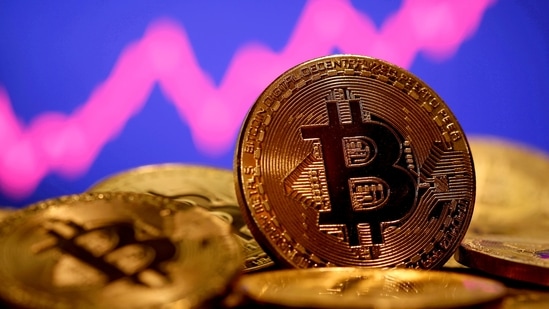Govt to ban cryptocurrencies, make way for India’s own digital currency. There’s a fine print
A Lok Sabha bulletin released on Tuesday said The Cryptocurrency & Regulation of Official Digital Currency Bill, 2021, will “allow for certain exceptions to promote the underlying technology of cryptocurrency and its uses.”
The government is set to introduce a bill to ban private cryptocurrencies and create a framework for an official digital currency to be issued by the Reserve Bank of India (RBI) during Parliament’s Winter Session starting November 29.

A Lok Sabha bulletin released on Tuesday said The Cryptocurrency & Regulation of Official Digital Currency Bill, 2021, will “allow for certain exceptions to promote the underlying technology of cryptocurrency and its uses.”
RBI said in July it was working towards its own digital currency and the Central Bank Digital Currency (CBDC).
“A CBDC is the legal tender issued by a central bank in a digital form. It is the same as a fiat currency and is exchangeable one-to-one with the fiat currency. CBDC is a digital or virtual currency but it is not comparable to the private virtual currencies that have mushroomed over the last decade. Private virtual currencies sit at substantial odds to the historical concept of money,” RBI deputy governor T Rabi Sankar said.
India, which has seen keen interest among investors to invest in cryptocurrency and also many investors already making investments, continues to warn citizens against putting their money on cryptocurrencies citing high financial risks.
Prime Minister Narendra Modi chaired a meeting to discuss the future of cryptocurrencies earlier this month and also warned against cryptocurrency falling in the wrong hands. The Centre also said that it is planning new changes in the income tax laws in a bid to bring cryptocurrency gains under the tax radar and also to introduce them during the Union Budget next year.
The Reserve Bank of India has on several occasions highlighted that it feels cryptocurrencies like BitCoin, Ethereum and Dogecoin among many others pose a risk to financial stability and also questioned its claims of market value while asking investors to not get “lured” by the promises of returns on cryptocurrencies.
However, the Supreme Court nullified the RBI circular banning cryptocurrencies in 2020 and also set aside an RBI circular of April 6, 2018, prohibiting banks and entities regulated by it from providing services with connection to virtual currencies in March this year.






